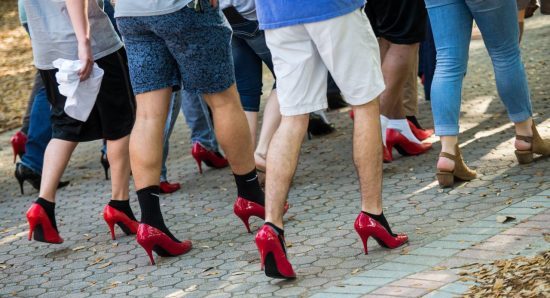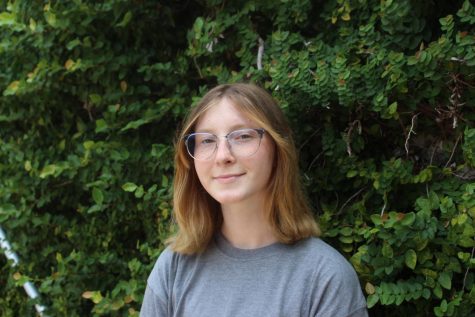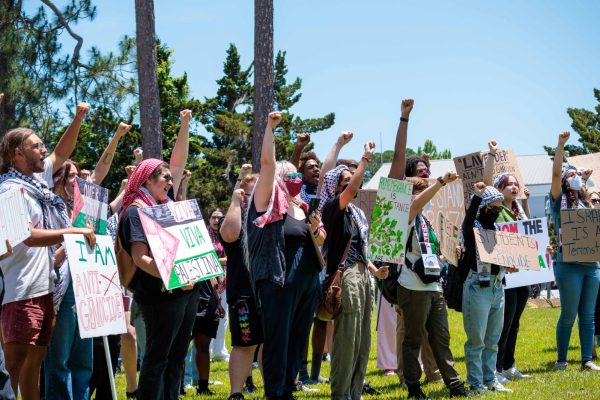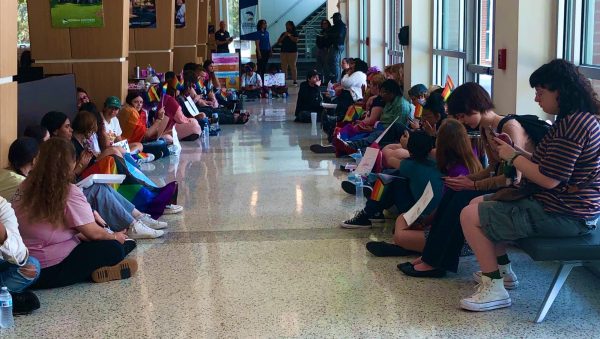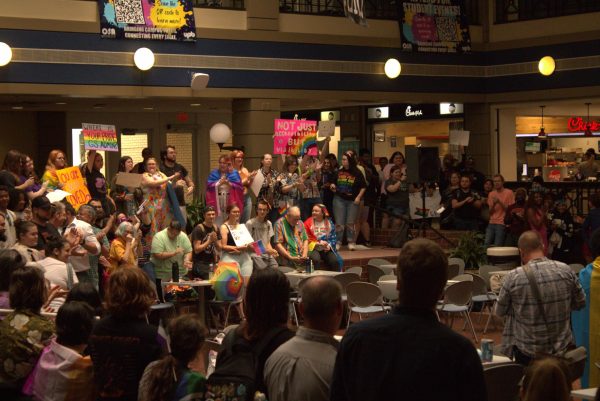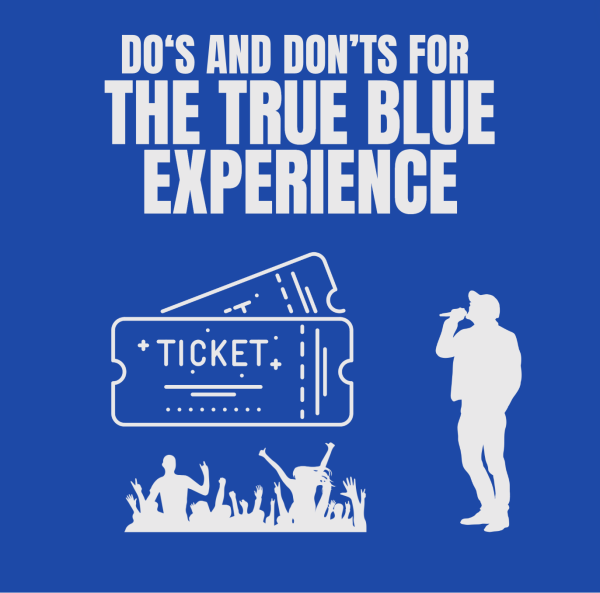Combating Rape Culture
Something we are all apart of and only we can stop
April 22, 2022
It is something we experience globally every year, where every 68 seconds an American is sexually assaulted, according to National Resources for Sexual Assault Survivors, RAINN. This is an issue that affects us all, even if you do not think you are involved. We need everyone’s voice to stop this culture.
We interviewed Lauren Patterson, who is chair of the Sexual Assault Response Team, Clinical Services Director, Certified Clinical Trauma Professional and Licensed Psychologist, on what she thinks about rape culture and how to stop it.
Q: What is your definition of rape culture?
A: “The literature highlights of how to define it is a set of belief systems or cultural norms that exist in any society that reinforce or increase the likelihood that sexual violence will be perpretrated.”
“It’s a really complicated dynamic on how it plays out on college campuses. Generally speaking, society definitely plays an impact on the college campus and the thoughts that are going on. We don’t really have any reasons to believe Southern is different.”
Q: How are we combating these issues?
A: “We have a full calendar of sexual assault programming focusing on prevention and awareness that happens thoughout the entire year. We kick off our academic year with sex signals that is required for all FYE students.
They might have actually been introduced to some education over the summer because there is a mandatory webinar they must attend before arriving on campus. We also host major events with catharsis productions, It’s on Us Week, Sexual Assault Awareness Week and Walk A Mile In Her Shoes.
We also do presentations, bystander intervention training, with athletics having their own curriculum on this as well, that builds over the years. It is highly likely that students will come into contact with any of our programs, whether it is on campus or modules in certain classes.”
Q: Is there anything you want to see added into these programs?
A: “Sure! We are always looking at our programs to see if they are fitting and I woud love to expand in the direction of including more cyber sexual harrassment and assault.
We have over the past few years created some programs, like Speak Up and Sing Out, where students tabled at the rotunda to provide information. I do think we need to keep expanding and go beyond the stereotypical ideas of what sexual assault looks like.”
Q: What are some sources students may not know about?
A: “I really want students to know about Mary’s Place or Teal House. Those are both sexual assault centers, with Teal located in Statesboro and Mary’s in Savannah. They are separate from campus, but both are entirely free organizations.
We work closely with them, but they provide so much; forensic medical exams, follow-up care, counseling, support groups and a 24-hour helpline. On campus, we have the Counseling Center, Health Services, Dean of Students, Title Nine and Office of Public Safety.”
Q: What can students do to combat this culture?
A: “So understanding consent and practicing consent. Really understand what it means to give and not get consent. Another one, encourage respectful communication during sexual activity, and practice bystander intervention.
We do have Sexual Assault Student Educators, or SASE, who plan and implement alot of programming around prevention. Or volunteering at Teal House & Mary’s Place to provide support, help organize and many more options. Sometimes they just need people to just simply sweep the floor or you know, something like that.”
More information and links:
Be sure to sign up and catch the Walk A Mile event April 26 with more information here, or just register event day in person. If there is rain, head to Russell Union instead.
For those interested in SASE, click here, or find them on Eagle Engage.
For those interested in joining and volunteering at the Teal House, contact their office at (912)489-6060 or email executivedirector@thetealhouse.org.


